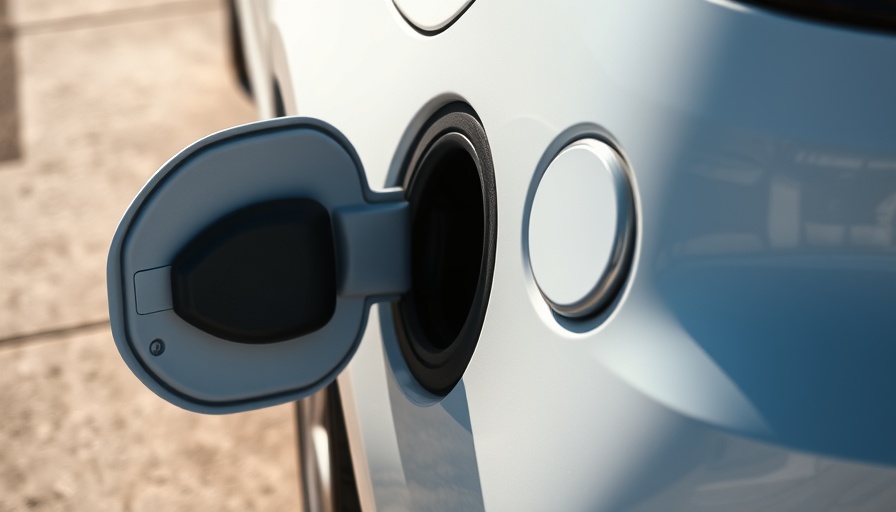
Frustration Mounts Over CAPA Responses from Repair Shops
In a world where quality control and accountability are paramount, the automotive repair industry is grappling with serious concerns regarding aftermarket parts. Shanna Chong, an auto damage appraiser from Kuroda Auto Body in Waipahu, Hawaii, recently voiced her frustrations after lodging two separate complaints with the Certified Automotive Parts Association (CAPA) about faulty bumpers from Tong Yang. Both times, she received vague responses stating the testing results were 'inconclusive,' leaving her feeling unsatisfied with the lack of clarity and resolution.
Understanding Inconclusive Testing
Chong’s troubles began when she reported issues with the fitment of a rear bumper on a Toyota 4Runner. Her first complaint was filed on April 3, followed by a second on June 17. Each time, CAPA informed her that the results were inconclusive due to the condition of the parts received. According to CAPA, inconclusive results could stem from modifications to the parts, damage during shipping, or the inability to install them for proper testing. This raises questions about the efficacy of evaluation processes in place by organizations meant to ensure product quality.
The Impact on Repairs and Insurance
It’s crucial to understand how this situation affects repair shops and customers alike. Chong emphasized the challenges she faced with the insurance company, which mandated the use of aftermarket parts. After documenting the shortcomings of the Tong Yang bumpers, she had no choice but to order OEM parts, ultimately delaying vehicle repairs. With the automotive industry steadily approving more aftermarket options, these issues highlight the pressing need for stricter oversight and certification processes.
Accountability in Aftermarket Parts
CAPA has decertified a significant number of parts in 2025, with 42 parts decertified up to this point — 19 of which were from Tong Yang. This raises an important point: why should shops and customers bear the burden of inadequate parts? Chong stresses that the industry must hold manufacturers accountable and ensure transparent communication with repair professionals about defective parts and any decertifications moving forward.
Moving Forward: What Can Be Done?
Shops like Kuroda Auto Body are calling for better practices and clearer standards in the certification of aftermarket parts. As aftermarket components become more prevalent, ensuring their reliability is vital for consumer safety and satisfaction. It’s a matter of industry integrity and customer trust.
As we look ahead, addressing these concerns could help improve the experiences of repair shops, especially those like Chong’s, who are directly impacted by these ongoing issues. It's essential that both manufacturers and governing bodies prioritize quality and transparency in the aftermarket parts industry.
 Add Row
Add Row  Add
Add 




Write A Comment